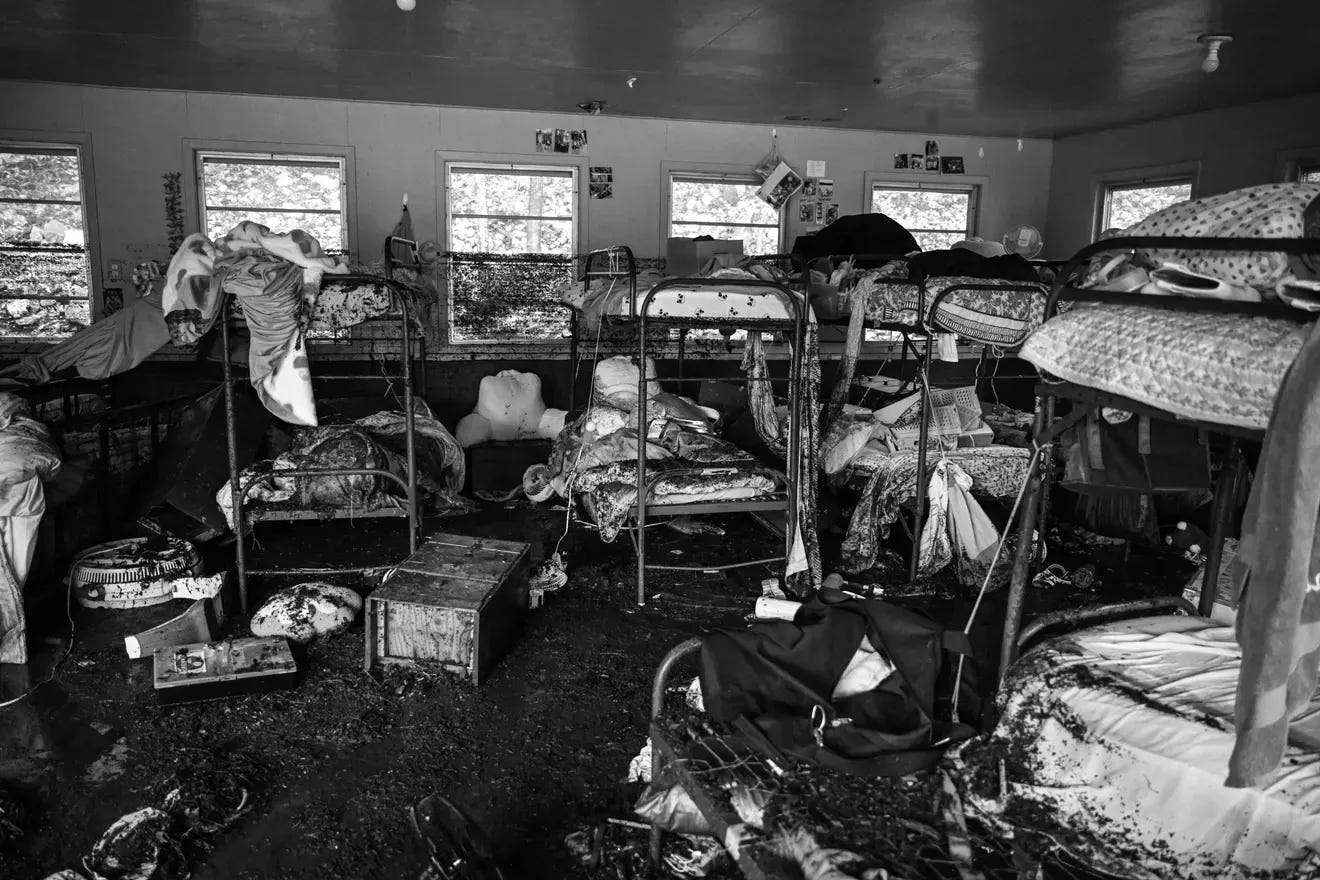When the Waters Rise, So Should Our Compassion
Empathy isn’t partisan. And it’s never a sin.
Jesus never once asked which side someone was on before helping them. He just saw pain…and moved toward it.
It’s been devastating to watch what’s happening in Texas. Homes under water. Entire neighborhoods wiped out. Lives lost…including children at a summer camp. Just awful.
But what might be even more disturbing? The response from some corners of the internet. Cold. Detached. Rude. As if empathy needs a permission slip. As if the worthiness of compassion is up for debate.
I saw it this week with my own two eyes…folks online saying, “Well, that’s Texas. What did they expect?” As if grief can be filtered through a voting map. As if human suffering is only tragic when it suits your narrative. That’s not justice. That’s cruelty. And it’s creeping into spaces that claim to be Christian.
So let’s talk about it.




